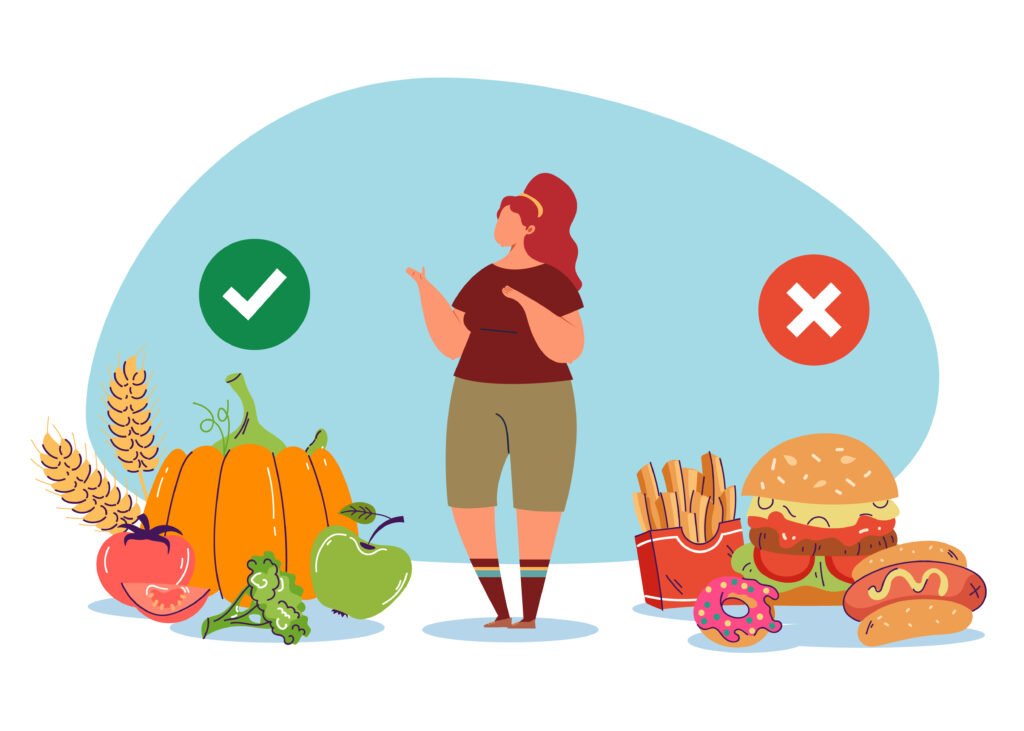Anxious about your upcoming exams? Oh, that’s fine. You’ll do well. Is your mother sick? So you’re afraid something might happen to her? Don’t worry. Things will get better. Worried that you might be late for your first interview if you don’t wake up early? Understandable.
But then……..
Do you avoid eating anything bone-y because you’re scared that the bone will get stuck in your throat? That’s unusual. You’re anxious that thinking about someone’s harm might put them in danger? Geez, that’s not possible. Do you get panic attacks by merely thinking about being in a public place? Shoot. That’s damn scary.
Anxiety: The Basics
We are all quite accustomed to the word “Anxiety.” Nowadays, when people around are receptive and understanding of mental health issues, Anxiety is one of the most used vocabulary. Statistically, anxiety disorders are the 2nd most common psychological problem in men and the most common psychological problem in women. It is also to have the earliest age of onset among people.
We can define it as the general sense of unreasonable apprehension, uncertainty, and worry felt across any situation. When anxiety becomes so intense, it causes clinically significant distress and dysfunction. This distress and dysfunction occur in a person’s personal, social, and occupational life. We diagnose it as an anxiety disorder. Above mentioned, are a few examples of situations inducing anxiety – the first three situations being the examples of situations where experiencing anxiety is adaptive. And the last three are examples of maladaptive anxiety.
The different anxiety disorders known, are:
- Specific Phobia, like an intense fear of any particular animal, place, situation, etc.
- Social Phobia, also called Social Anxiety Disorder.
- Generalized Anxiety Disorder
- Agoraphobia
Researchers have found several causal factors, such as genetics, past experiences, environmental causes, cognitive distortion, unconscious conflicts between the id and ego, perceptions of uncontrollability, and the reinforcing qualities of worry. We hardly consider the nature of one’s lifestyle and diet as factors affecting anxiety, although they have quite the potential to do so.
Relationship between Food (nutritional) Intake and Anxiety
Studies have revealed that there exists a significant relationship between the occurrence and persistence of disorders like Depression, Anxiety, Obsessive-Compulsive, Stress-related problems, Eating disorders, and the like, and the kind of lifestyle one leads. That includes the dietary pattern (like, the number of meals consumed in a day, time between consecutive meals, quantity of food intake, essential nutrients consumed, etc).

Researchers observe that consuming certain foods directly influences the release of neurotransmitters (like serotonin, which uplifts mood), controls mood regulation, energizes actions and cognitions, and, very importantly, regulates blood supply to various regions of the body.
To be specific, it’s the nutritional value of the respective food that does the wonder. Similarly, certain foods are responsible for causing shifts in mood, leading to increased irritability, anxiety, insomnia, or ever-reduced appetites. People who are prone to experiencing anxiety should avoid such foods.
Different studies have reported an association or correlation between the symptoms of anxiety and the intake of nutritious food. Analysis of the same revealed an association between the prevalence of low anxiety and more fruits and vegetables with omega-3 fatty acids. Following “healthy” dietary patterns, involving caloric restriction, breakfast consumption, ketogenic diet, broad-spectrum micronutrient supplementation, zinc, magnesium and selenium, probiotics, and a variety of phytochemicals were a characteristic feature of the same.
It also revealed an association between higher levels of anxiety and a high-fat diet, inadequate presence of tryptophan and dietary protein, high intake of sugar and refined carbohydrates, and following “unhealthy” dietary patterns. A large percentage of animal and observational studies, however, limited the results. The biggest limitation of this research was the involvement of only 10% of participants with anxiety disorders, thus limiting the applicability and generalizability of the findings.
Foods that are Proven to have the Worst Effects on Anxiety
- Caffeine: High caffeine consumption is responsible for exciting the nerves, thereby leading to an increase in irritability and a decrease in appetite and sleep.
- Carbonated drinks: Responsible for poor sleep patterns and gut health.
- Regular soda: It is comprised of processed sugar, ultimately alleviating one’s anxiety.
- Alcohol: It hampers one’s perception of the external reality, cognition, liver, gut and neural health.
- Diet soda: Excessive consumption of diet soda adversely affects the functioning of our nerves, leading to impaired cognition in the long run.
- Frosting: It might look gorgeous on top of a pastry or cake, but it is nothing but processed sugar. An increase in sugar consumption and the strengthening of symptoms of anxiety and depression go hand in hand.
- Processed foods: Any kind of processed food lacks the essential nutrients required to support the overall well-being of the person, in terms of proteins, vitamins, etc.
- Fruit juice (instead of whole fruits): Whole fruits are stuffed with great vitamins; however, fruit juices are not as rich as their whole fruits as they claim to be. They lose much of their vitamin resource, and adding artificial flavours to them makes it worse.
- Artificial sweeteners: Though they claim to have no or very low sugar content, the ‘processed’ sweetening flavour does no good to one’s physical and mental health.
- Refined carbohydrates: Carbohydrates are known to increase the levels of serotonin in the brain. But refined carbohydrates lose their potential to produce any positive feelings.
- Foods high in fats: We often hear that people suffering from depression or anxiety develop a craving for delicacies high in fats, especially chocolates. They may work as mood stabilizers for the time, but bring about negative effects on the nervous systems, leading to an increase in irritability, a decrease in patience, and the like.
Other similar foods that have negative effects on one’s anxiety response are white bread, nightshades, energy drinks, and soy sauce. Instead, trying these can help with dealing with one’s existing level of anxiety by giving them energy and regulating their mood shifts and sleep patterns: tea, peppermint, high fibre, whole fruits, and warmed milk.
Thus, it can be concluded, that depending on therapies and medications alone cannot prove effective for dealing with one’s anxiety or even depressive symptoms. One has to be dedicated to adapting to positive changes in their lifestyle to experience some positive outcomes.
References +
Aucoin, M., LaChance, L., Naidoo, U., Remy, D., Shekdar, T., Sayar, N., Cardozo, V., Rawana, T., Chan, I., & Cooley, K. (2021). Diet and Anxiety: A scoping review. Nutrients, 13(12), 4418. https://doi.org/10.3390/nu13124418
Lindberg, S. (2024, August 8). Your anxiety loves sugar — Eat these 3 things instead. Healthline. https://www.healthline.com/health/mental-health/how-sugar-harms-mental-health
Book of Abnormal Psychology, by Butcher, Nock, Mineka and Hooley.
Foods to avoid if you have anxiety or depression. (n.d.). WebMD. https://www.webmd.com/depression/ss/slideshow-avoid-foods-anxiety-depression













Leave feedback about this